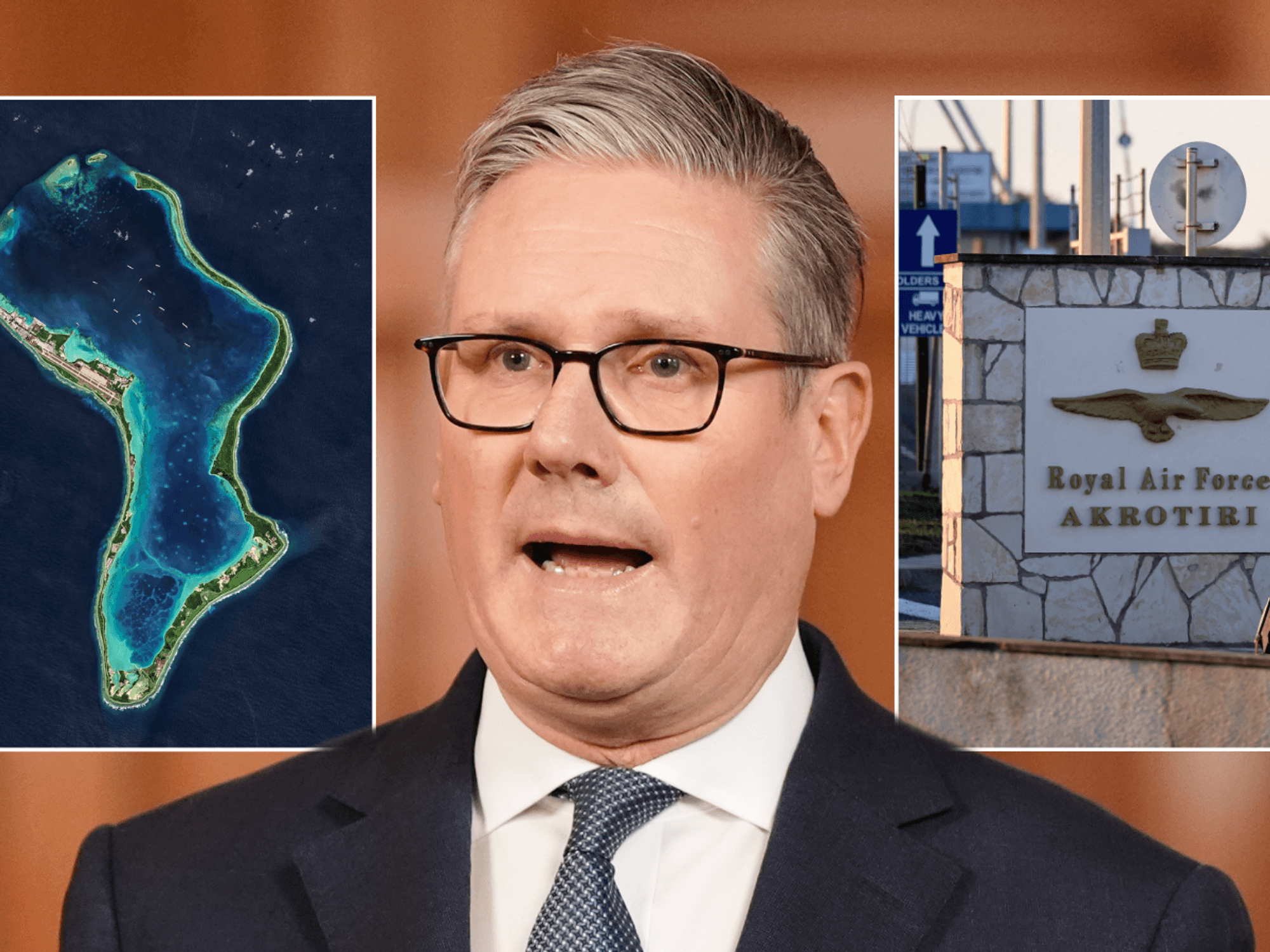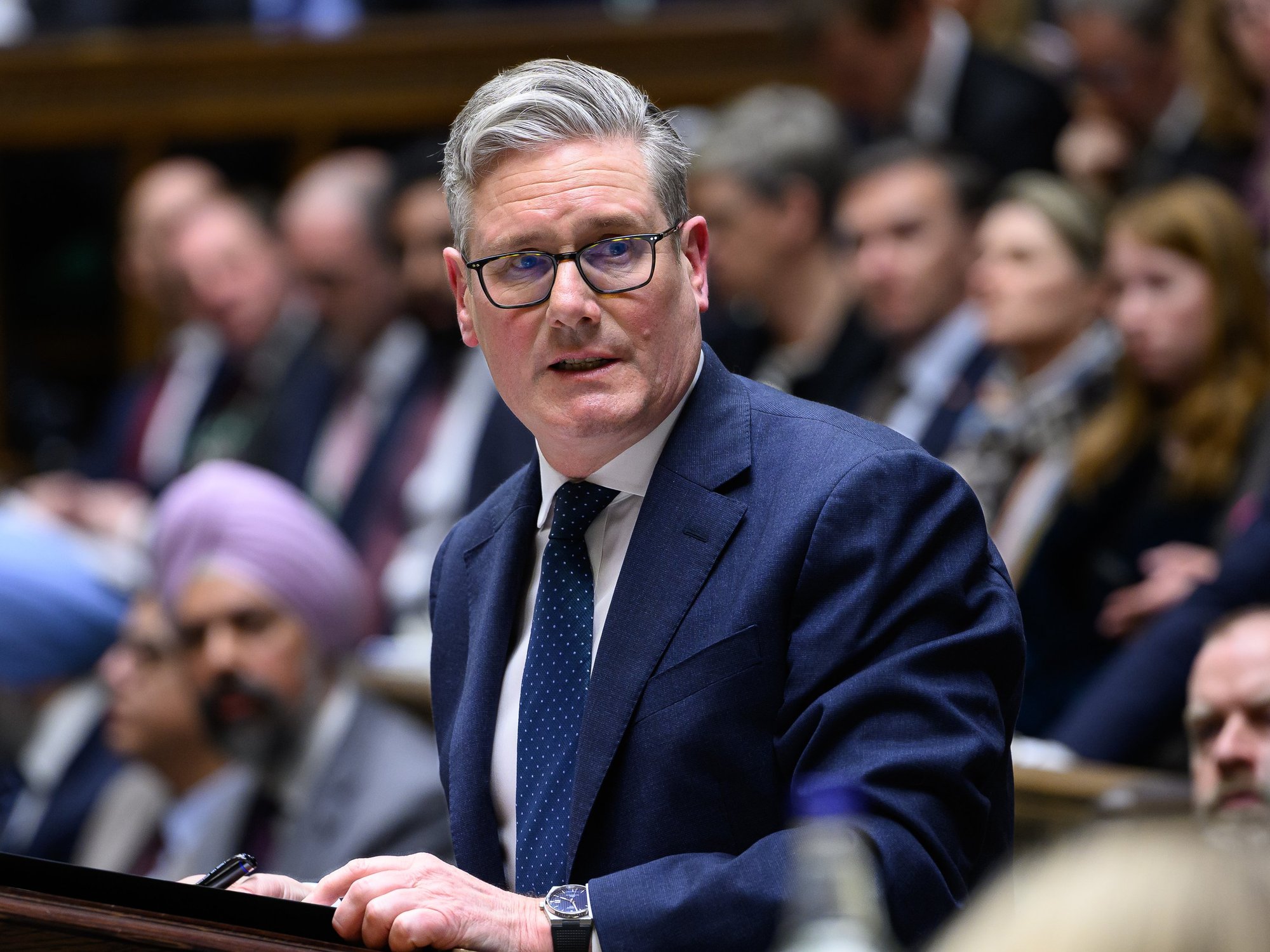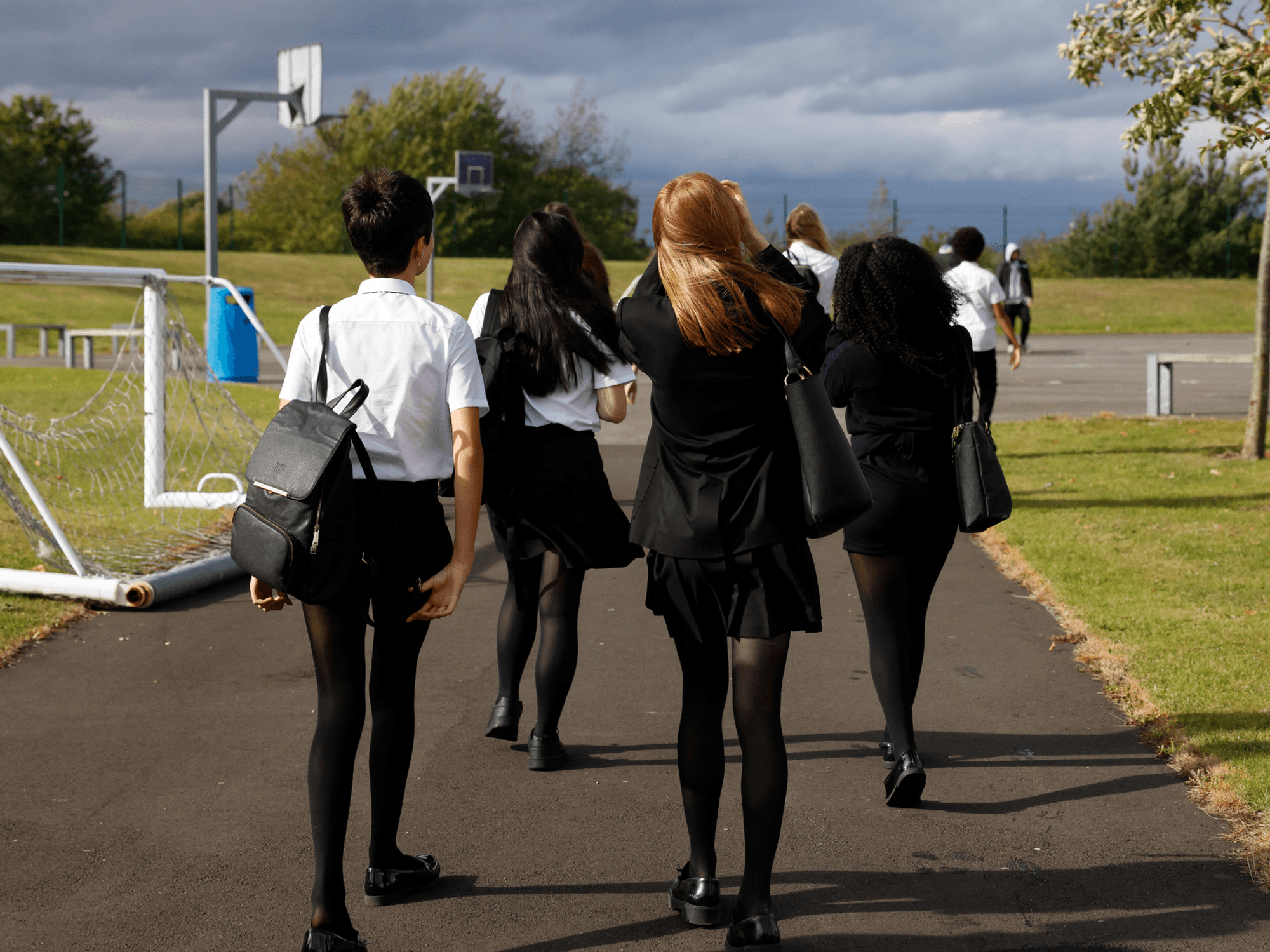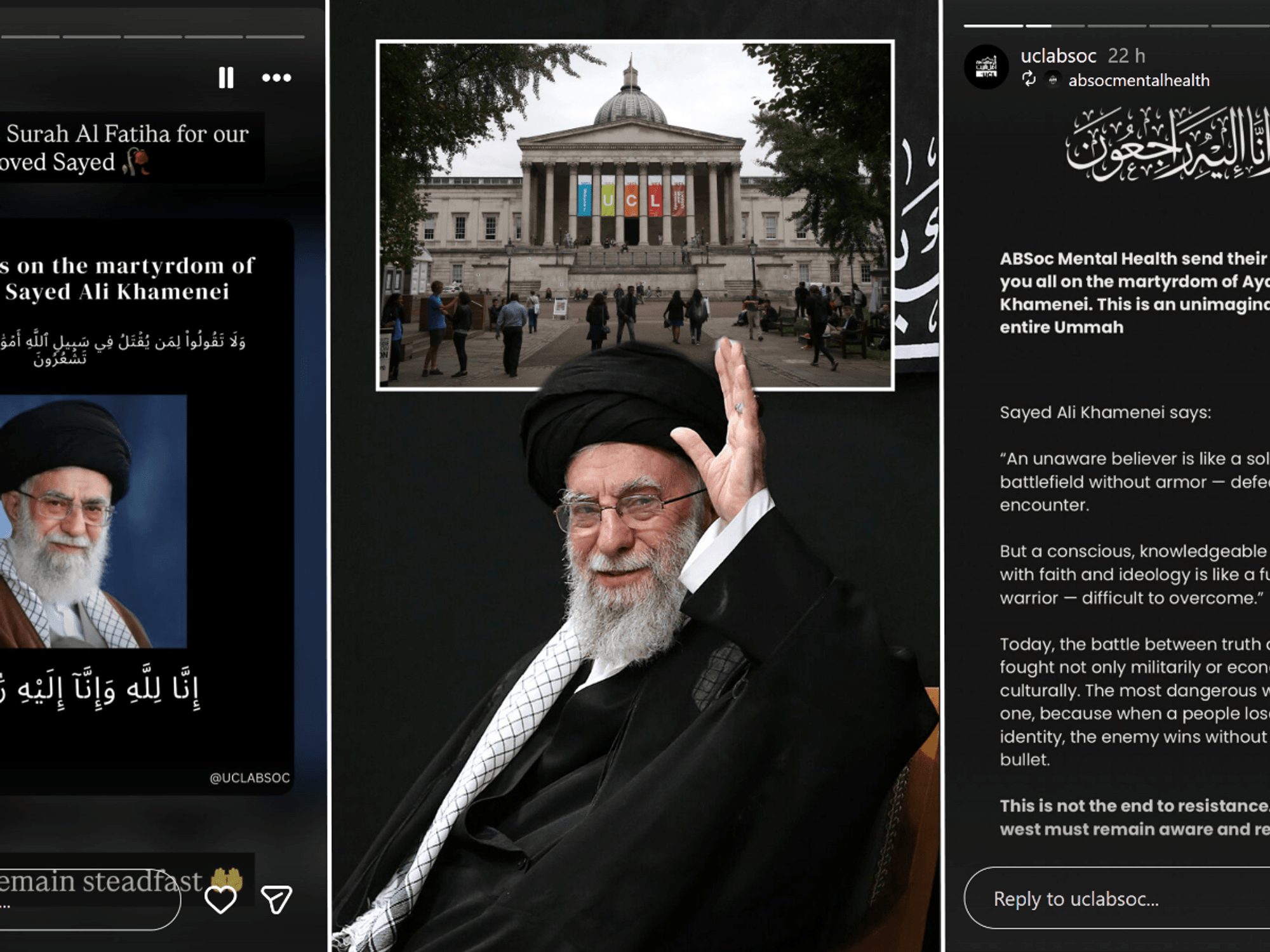Gambling Commission gave lottery licence winner extra time over fears National Lottery was 'at risk', High Court hears
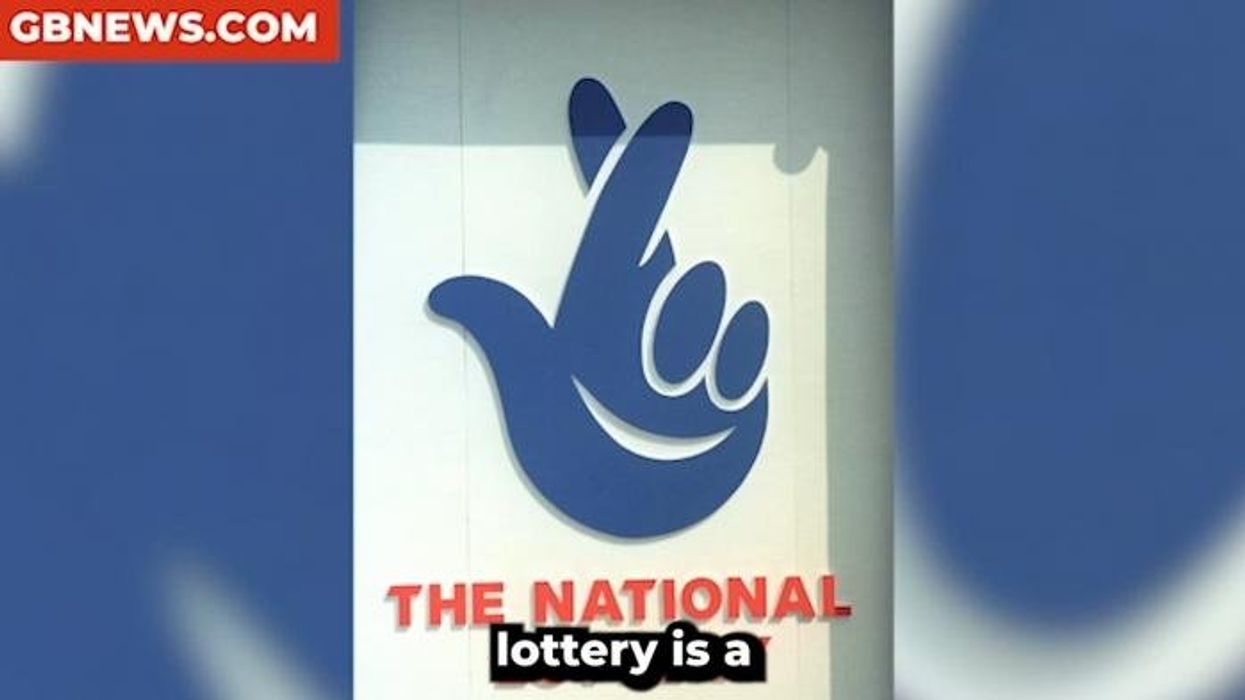
GB News explores six lottery winners whose lives were transformed by a big win |
GB NEWS
The court heard that Allwyn’s inability to implement its plans in time ought to have ruled it out of the contest
Don't Miss
Most Read
Trending on GB News
The Gambling Commission granted the winner of the lottery licence extra time to implement its plans because failing to do so would have meant “no National Lottery” at all, a court heard today.
But rather than winner Allwyn being given additional time, the Commission should have considered disqualifying it altogether because of its failure to meet the deadline, the High Court was told.
Allwyn won the lucrative ten-year franchise after a fiercely fought tender, which saw incumbents, Camelot, take second place.
Allwyn subsequently purchased Camelot. But the process is being challenged by media tycoon Richard Desmond’s Northern & Shell company, together with its subsidiary, the New Lottery Company (TNLC), which came third in the tender.
TRENDING
Stories
Videos
Your Say
TNLC claims that the Gambling Commission made “manifest errors” in the process that played a part in its failed bid.
Had these mistakes not been made, there was a “very real” prospect TNLC would have won, the court has been told.
TNLC and Northern & Shell are claiming up to £1.3billion in the case.
Today, the High Court heard how Allwyn, which won the process in 2022, had planned to bring in its own systems to replace those used by Camelot and be “fully implemented” by February 2024.
But Camelot launched a legal battle after losing, and the litigation slowed the handover process down; the court was told. IGT, the tech firm that worked with Camelot, also sued.
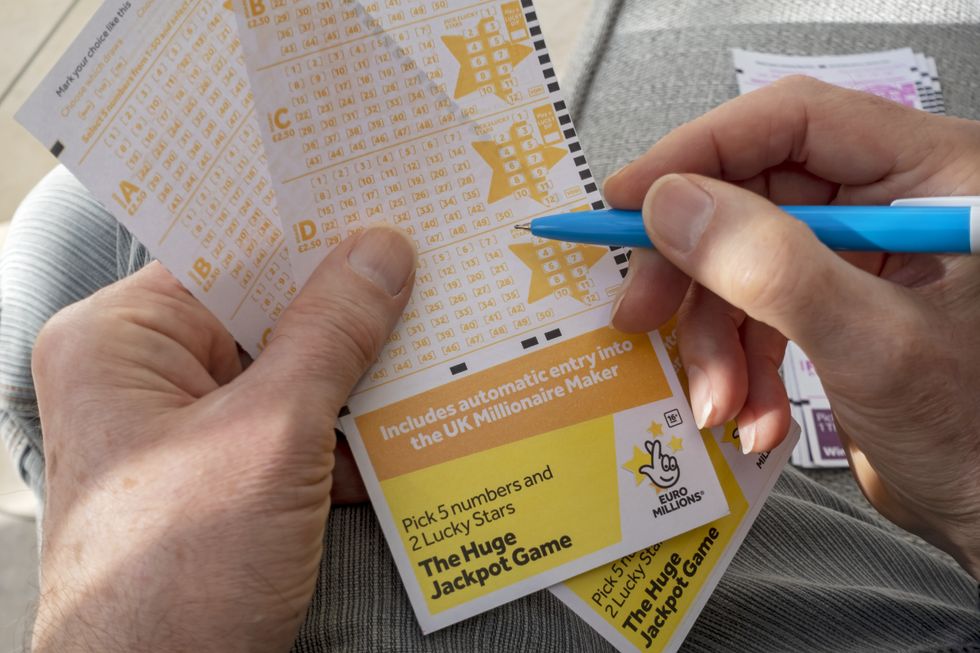 A Gambling Commission executive denied “coaching” the winner of the lucrative National Lottery franchise | GETTY
A Gambling Commission executive denied “coaching” the winner of the lucrative National Lottery franchise | GETTYAllwyn came up with a number of solutions, including replacing every terminal with its own software in a “big bang” approach.
But ultimately, it reached an agreement with the Gambling Commission that it could operate on existing systems on a short-term basis before eventually bringing in its own.
TNLC argues that this gave it an unfair advantage, and the court heard today that Allwyn’s inability to implement its plans in time ought to have ruled it out of the contest.
Daniel Toledano KC, for TNLC, said the litigation should have been foreseen, and John Tanner, Executive Director at the Gambling Commission, who oversaw the competition, admitted he was alive to the possibility of a legal challenge.
Mr Toledano said: “It’s right that the Gambling Commission was expecting substantial, serious and risky litigation.”
Mr Tanner replied: “Yes.”
Mr Toledano said: “You must have realised that, if followed, an extremely high likelihood of a very serious legal challenge would have the potential to delay implementation and delay the start of it.”
Mr Tanner replied: “Yes, and I think that follows on from everything I have said about risks and risk assessment.”
Although the Camelot and IGT cases are now settled, the court heard the litigation was the main reason for the delay.
But Allwyn was also at fault, the court heard, with the Commission questioning its “resources and capabilities in specific areas”.
During the tender process, Allwyn had scored lowly in the transition section, which dealt with the handover.
As it became apparent the deadline would not be met, the Commission agreed to an extension.
This meant that Allwyn could continue to run it on almost the same lines as Camelot, at the same time as completing its own systems.
But Mr Toledano suggested that not only did this give it an advantage, but it could have seen it disqualified.
Mr Toledano said: “Had the Commission not modified the enabling agreement, it would not have awarded the licence to Allwyn.”
Mr Tanner replied: “Terminating the enabling agreement would have been one of the options at that stage, yes.”
Mr Toledano went on: “One option was to find Allwyn in breach of the enabling agreement, and with no reserve applicant remaining that would have put the National Lottery at risk, is that right?”
Mr Tanner replied, “Yes”, adding: “That would have effectively meant no National Lottery in February 2025.”
Mr Toledano said: “One of the reasons this was an unpalatable option was because there was no reserve bidder.”
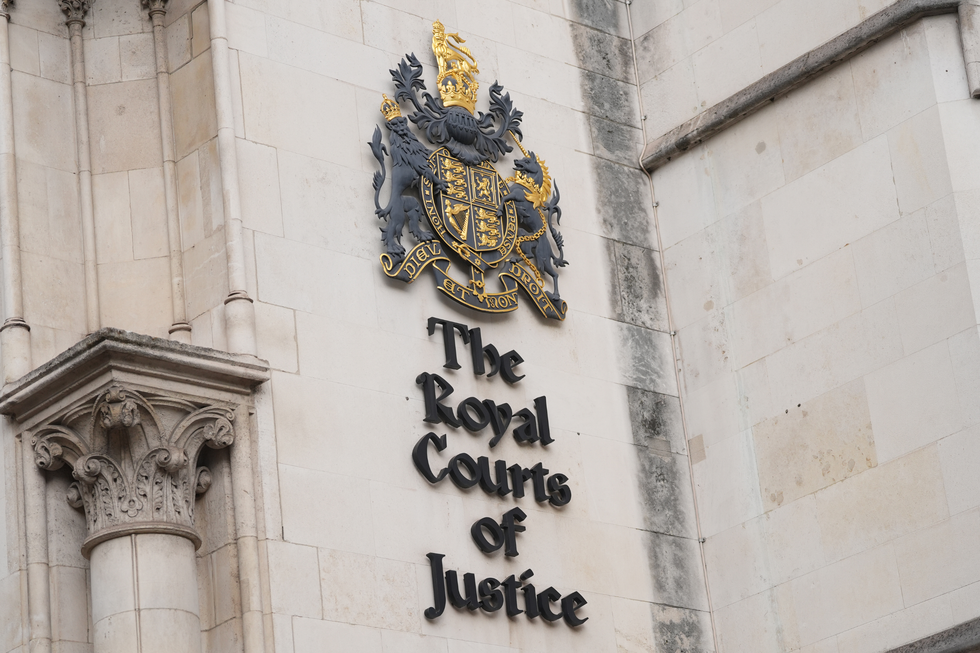 Both Allwyn and the Gambling Commission deny the claims | PA
Both Allwyn and the Gambling Commission deny the claims | PA“So, Allwyn stood to lose everything it had secured [through the tender process] if it didn’t get the modifications, is that it?”
Mr Tanner replied: “Yes.”
Yesterday, the court was told that Allwyn had “repeatedly breached” a Media and Communications Protocol which limited what applicants could say to the press.
Fresh documents emerged overnight showing that in one of the alleged breaches, Allwyn had sought and received permission from the Gambling Commission to proceed.
This related to a press release on Allwyn’s bid chair, Sir Keith Mills, which it was alleged had broken rules by implicitly criticising the current running of the National Lottery.
Mr Tanner had accepted yesterday that, as set out, this could have constituted a breach. But the new evidence suggested otherwise, the court heard.
Daniel Toledano KC said: “You would agree with me that the press release didn’t breach the MCP on the basis I suggested because there was a prior notification.”
“Yes,” said Mr Tanner.
It had also been claimed yesterday that the Commission was unaware of the contents of a letter sent by Allwyn to then Secretary of State for the DCMS Nadine Dorries.
But today the court was told that a draft letter, written to her predecessor, had been seen by the Commission. The existence of this letter was only revealed to the court today.
However, Mr Toledano suggested that the nature of his claims of repeated breaches of the press protocol remained valid.
He said: “At the end of yesterday, I put to you that Allen’s repeated and serious breaches of the MCP made up a picture of breaches, and you agreed with me that Allwyn had breached the MCP on five occasions.”
Even with the fresh evidence from the documents, he said these breaches, together with two leaks, allegedly from Allwyn and concerning their bid, were serious matters.
He told Mr Tanner: “You fairly said in your evidence that disqualification of Allwyn was a possible outcome.
“The fact that we have had to remove these two matters doesn’t change your overall evidence about Allwyn and disqualification because of the other five matters, plus the two of serious eats of confidential information. Do you agree?”
Mr Tanner replied: “I think it still remains a possibility, yes.”
The court has heard claims that the Gambling Commission fell short on a number of issues.
These include the provision of feedback after the initial phase one of the bidding.
TNLC says that while the feedback it received was inadequate, Allwyn was able to shape its bid advantageously thanks to its feedback from the Commission.
The court has heard that during the licensing process Allwyn “repeatedly breached” a publicity protocol designed to ensure “a level playing field” between bidders.
It is also alleged that both Allwyn and Camelot should have been disqualified from the process for serious failures in their bids.
However, each was allowed to continue.
Further, TNLC says that the terms of the contract were modified after the winner was announced.
Had TNLC known of these modifications, its bid may have been different and the outcome affected.
Both Allwyn and the Gambling Commission deny the claims.
The case continues.
Our Standards: The GB News Editorial Charter
More From GB News





